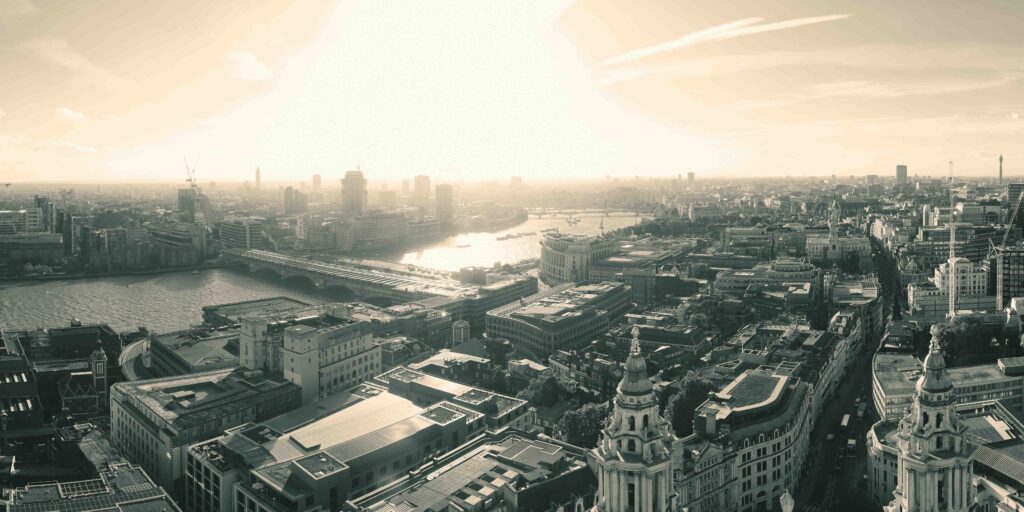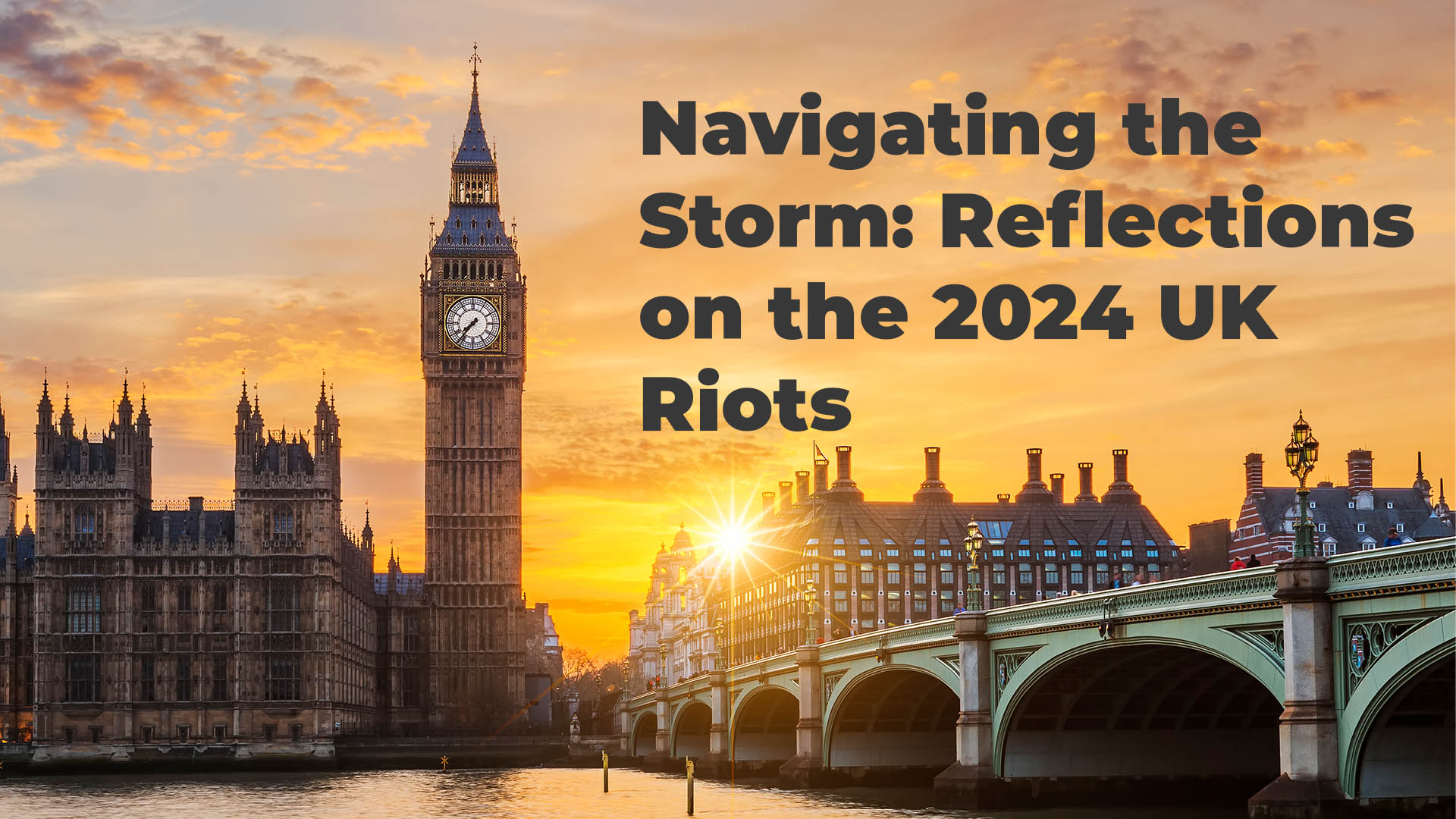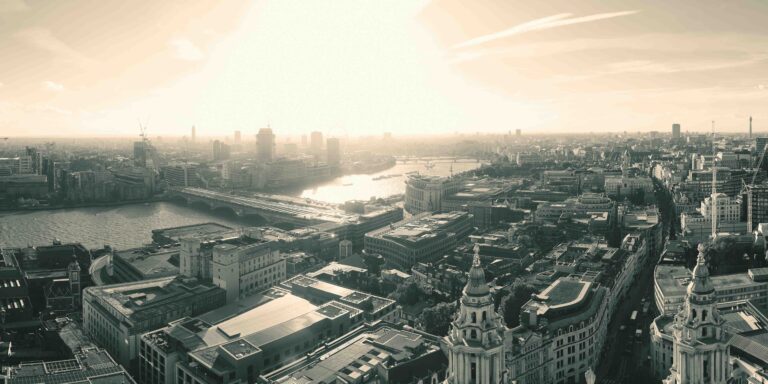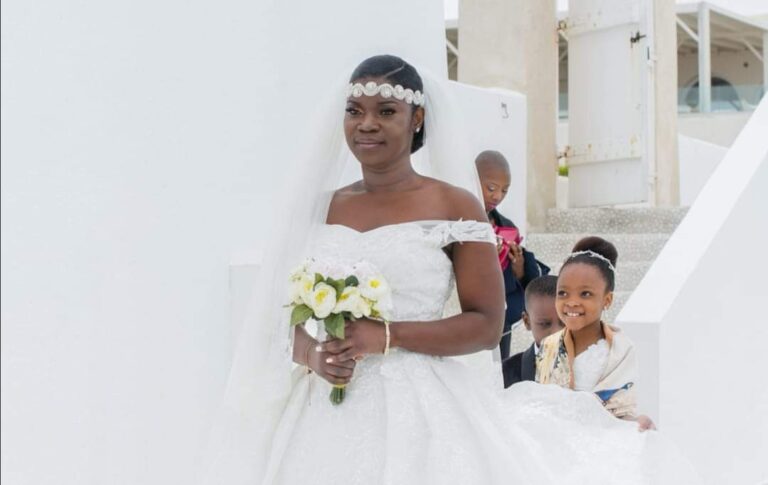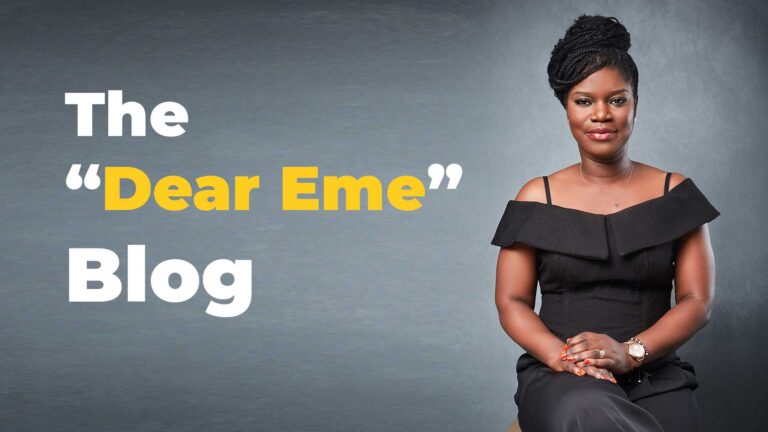Navigating the Storm: Reflections on the 2024 UK Riots
Dear Eme,
I write to you today from a place of reflection, capturing the events of a week that has shaken the UK to its core. It is August 10, 2024, and the country is grappling with migration, social unrest, and identity complexities. As I recount these recent events, I hope that this serves as a record of the challenges we face and the lessons we must learn.
In recent years, the social fabric of Britain has become increasingly strained, with a growing divide between different communities. Identifying as a “middle-grounder” has become almost impossible, often met with hostility and accusations of lacking principles. The polarisation of opinions has reached a point where there seems to be no room for moderation. It was perhaps inevitable that such deep divisions would manifest in the distressing scenes we’ve witnessed across the country.
As an immigrant raised in a Christian home, I was instilled with values of hard work and personal accountability—principles that many would consider conservative. This upbringing is common among immigrants, yet within the political discourse, conservatism has often been equated with anti-immigration sentiment. This raises a difficult question: where does someone like me fit in? Liberalism, on the other hand, has historically offered the promise of acceptance in a new country for those seeking better opportunities. However, as protests against immigration have spiralled into riots characterised by looting and the destruction of property, the narrative has shifted dangerously. To be non-Caucasian, or more precisely, not white and English, has become a marker of difference that places one at risk in these turbulent times.
Migration is a fundamental aspect of human history:
people move for myriad reasons. In recent years, Ghana has seen an influx of Nigerian migrants due to economic challenges in Nigeria. This has led to tensions, as some Ghanaians perceive increased crime attributed to these newcomers. This example highlights that the issue of uncontrolled immigration is not one of race but rather a response to perceived threats to safety and stability. Reducing these complex issues to matters of race or religion only serves to deepen divisions. We need a thoughtful discourse that humanises the experience of migration rather than demonises entire groups. The failure to have such conversations has resulted in dangerous generalisations, where entire communities are unfairly targeted and persecuted.
In rural areas, like the village where we live, the riots initially felt distant—a problem for the cities, not for us. We watched with concern as innocent immigrants were targeted simply for their appearance. But as reports emerged of potential riots spreading to smaller towns, the fear became palpable. The streets emptied, and we received messages from loved ones urging us to stay safe. The reality set in: the violence was no longer a distant issue; it was now on our doorstep, demanding that we make difficult choices.
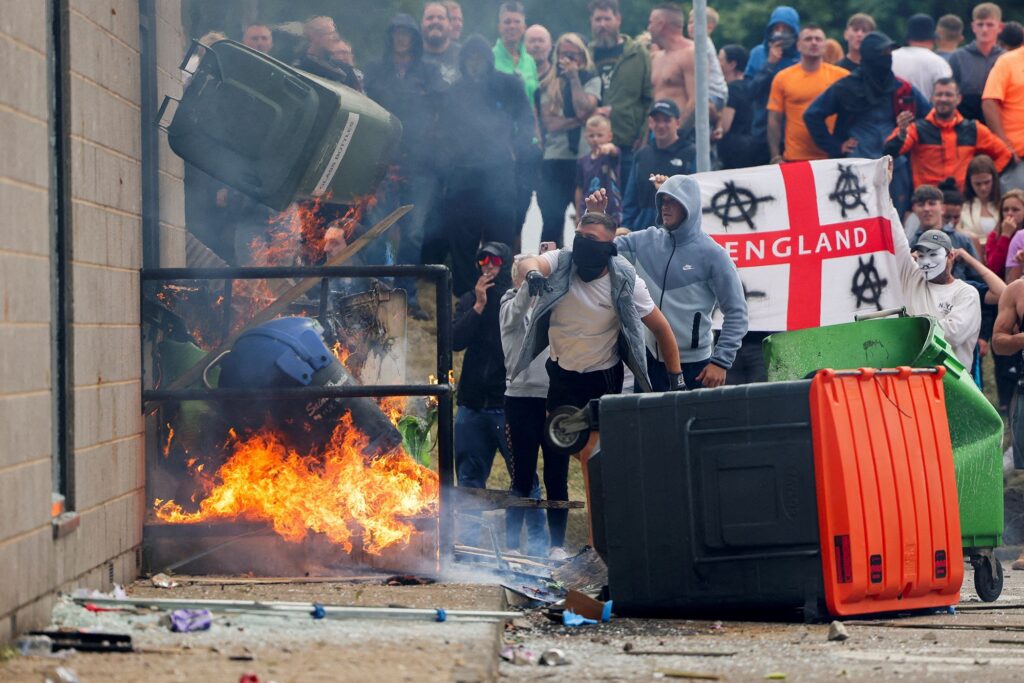
A few years ago, the Black Lives Matter (BLM) protests, which escalated into riots, were met with a divided response. Some liberals excused the violence as an expression of trauma, while conservatives condemned it as thuggery that had no place in society. You would expect the same principles to apply in this case, but we are witnessing a disturbing double standard—a “two-tierism” that is hard to ignore. While the liberal media has been quick to condemn the current riots, some conservative commentators have excused them as a last resort for those who feel disenfranchised. Alex Phillips from Talk TV, on August 9, 2024, expressed this sentiment: “These people don’t have jobs anymore, the army is half the size, the heavy industry is gone, the production lines are automated, and even when they are manned, they are usually manned by cheaper foreign labour from overseas, and this cohort of men have been left behind…. They’ve tried democratic means… forget the fact that the street where you live has changed in complexion enormously in the past 20 years, and you can see that because you live on that street…”
While Phillips raises valid concerns about economic disenfranchisement, this does not justify taking the law into one’s own hands. Democracy provides avenues for change, and abandoning those in favour of violence undermines the very foundation of civil society. By excusing this behaviour, Phillips is participating in the same two-tier morality she criticises, where the standards applied to one group are not applied to another. This selective outrage only deepens the divisions that plague our society. The issue at hand is not the colour of one’s skin; it is the content of one’s character. Goodness and malevolence exist in all people, regardless of race.
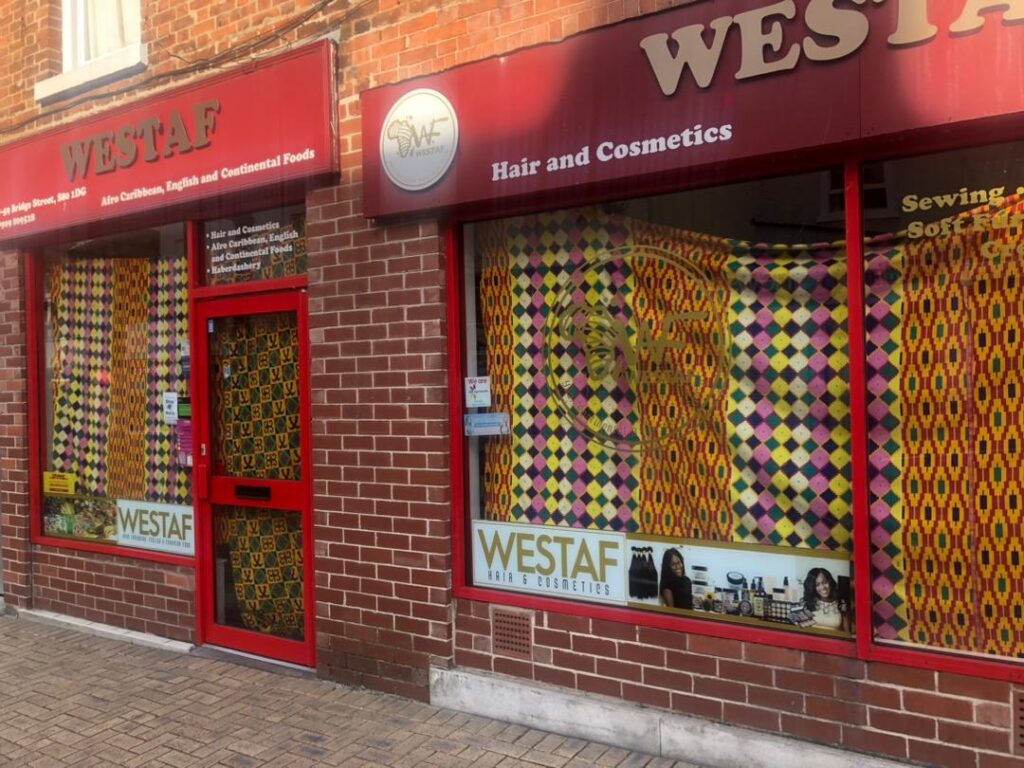
As a shop owner, I faced a difficult decision today. My mission for the past six years has been to serve the needs of our community, but today I had to weigh that against the safety of my family and myself. We opened the shop as usual, but as concerns from fellow shop owners and community leaders grew, we ultimately decided to close for the day. It was a heartbreaking decision, driven by the fear that the colour of our skin made us a target in these uncertain times. This experience has only reinforced my belief that violence is never an acceptable means of expressing dissatisfaction. There are right ways to seek change, and they do not involve destroying the very fabric of our communities.
Love,

